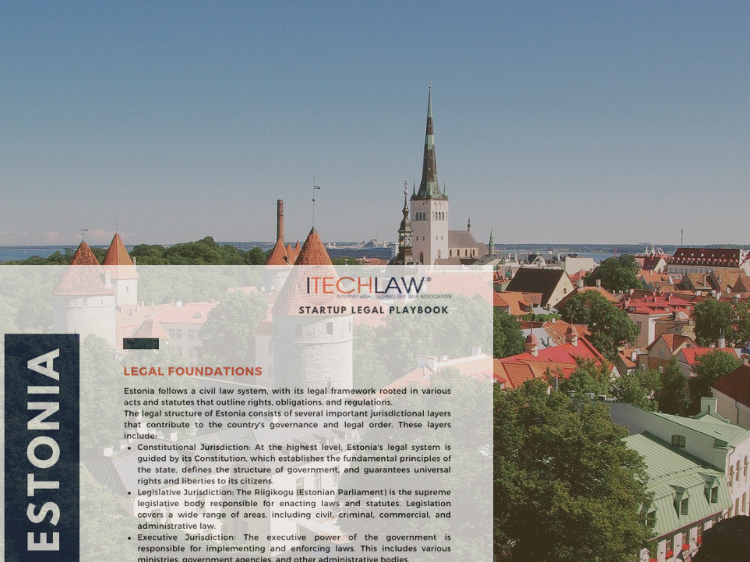
Free competition is one of the cornerstones of the European Union as a single economic environment and of the single market. The European Commission alone and together with the competition authorities of all the Member States, is responsible for its smooth functioning. In order to fulfil this responsibility, both in the wider functioning of the single market and more specifically in the protection of consumers’ interests, Estonian Competition Authority and the European Commission are empowered, within the limits of the powers conferred on them by the Competition Act and the Law Enforcement Act, to carry out searches at the premises of undertakings and to collect evidence where they suspect that the competition rules have been infringed. Given that searches normally start at the beginning of the working day or shortly before it starts, when all employees have not yet arrived, and may last several days, it is important to be well prepared to ensure that they run as smoothly as possible. The best way to achieve this is to draw up an internal code of conduct, set up response teams and train staff regularly.
It was for that purpose that Magnusson Estonia, Latvia, and Lithuania were recently involved in organizing a training course for an international corporate client on how to act in a dawn raid, where the client’s employees learned about the principles of competition law in general, and more specifically what to do in the event of a search by the competition authorities.
Magnusson supports its clients, both international and domestic, throughout this process (in preparation for, during and after the dawn raid) by helping them to draw up the necessary guidelines, training their staff and ensuring on the spot that the authorities do not overstep the limits of their powers.
The main golden rules that should always be remembered are:
- Remain calm and immediately inform the in-house lawyer or the external attorney.
- Ask examiners to wait until either the in-house lawyer or the attorney arrives. Be sure not to give consent to start the search before, saying: “I do not have the authority to consent to a search, but I wish to cooperate fully.” However, it should be remembered that examiners must not be physically obstructed in any way, even if they have decided to start the search without waiting for the lawyer.
- Inform the Response Team Leader who will initiate the proper protocol of actions.
- Check the examiners’ IDs and authorisation to conduct the search. Make copies of them.
- Ensure that the examiners are accompanied at all times by a sufficient number of employees or an attorney who checks and records all activities.
- Do not allow examiners to question employees without an attorney present. When answering questions, do not make assumptions and, if you are not sure about the answer, it´s OK to say “I don’t know!“. Demand that all questions and answers be recorded and that a copy be given to you.
Contact

Ligita Ramanauskaitė
Managing Partner
Corporate and M&A, Commercial, Data Protection, Real estate
Send me an email +370 5 248 7388 +370 687 12918









